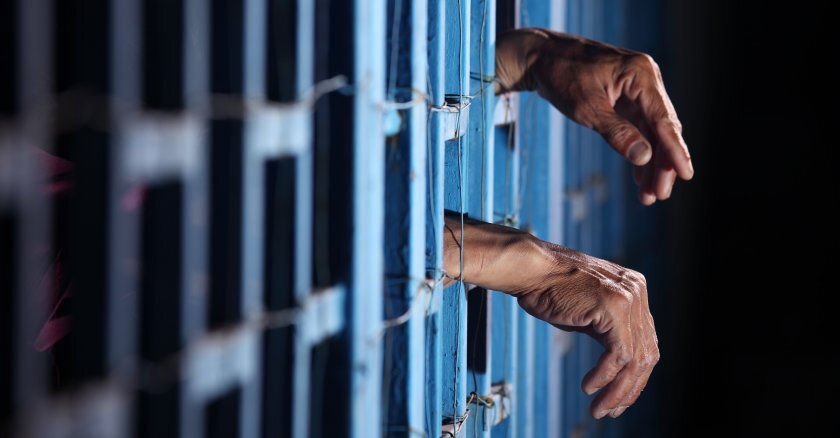Clemency is a powerful tool possessed by our government’s executive branch, one that has been used to address injustices throughout our country’s history. It can take the form of a commutation, which reduces a criminal sentence, or a pardon, which effectively relieves the collateral consequences of a criminal conviction.
President Joe Biden's pardon of his son Hunter has drawn bipartisan criticism as an example of favoritism and improper use of clemency powers, as also happened when Donald Trump pardoned his son-in-law's father and Bill Clinton pardoned his half-brother. Nevertheless, pardons applied conscientiously and fairly are an opportunity to right past wrongs and remove barriers to successful re-entry.
Governors are given clemency power to demonstrate leniency and acknowledge that past government actions may have been too heavy handed. In the Federalist Papers, Alexander Hamilton argued that clemency is a critical safeguard against a system capable of imposing excessive punishment.
In deciding whether to grant a pardon, governors typically consider the circumstances of the underlying offense, an applicant’s conduct and progress while incarcerated, and the impact of a pardon on crime victims.
The power to pardon can be a potent tool for addressing injustice. Unfortunately, it’s a power that is grossly underused.
Historically, governors deployed their clemency power frequently. But since the “tough on crime” movement of the 1980s and ’90s, acts of clemency have dwindled. Today, some states regularly grant pardons or commutations to a significant percentage of applicants, while others have granted as few as three or four over the last several decades.
New York, for instance, granted an average of 70 sentence commutations annually from 1914 to 1924, compared to only 70 in total from 1990 to 2019. Between 1967 and 1973, about 11 percent of requested commutations were granted. Between 2007 and 2013, that rate was only 0.2 percent. And in 2014, my pardon was one of only two issued that year.
Many governors hesitate to use their pardon power because of fears of political backlash. But true leadership means wielding the clemency pen to acknowledge our nation’s long-held belief in redemption with an action that can transform the lives of those who have already answered for their crimes.
Earlier this year, Maryland Gov. Wes Moore made history by pardoning 175,000 people with past marijuana convictions. It was the most sweeping pardon ever for crimes related to marijuana possession, which is now legal in Maryland, and it addressed longstanding inequities in our criminal justice system. The criminalization of marijuana has disproportionately affected communities of color for generations. By harnessing the power of clemency, the governor took a step toward healing and reconciliation.
Moore is not alone. Last year, Oregon Gov. Kate Brown granted clemency to 73 people who committed crimes as juveniles and removed one year from the sentences of 41 prisoners who worked as firefighters during the state’s 2020 wildfire season. Brown was also one of 18 governors who used clemency to quickly thin prison populations to limit the spread of COVID-19.
In New Jersey, a new program launched by Gov. Phil Murphy makes more people eligible for pardons and speeds up the clemency process for several populations, including victims of sex trafficking and domestic violence as well as those convicted of certain nonviolent offenses.
And pardons can be issued posthumously, bringing comfort to surviving relatives. Earlier this year California Gov. Gavin Newsom granted one to William Burwell, who was convicted of misdemeanor trespass during a college campus protest in 1969, at the height of the civil rights movement. Burwell, who went on to become a professor and department chair at the school, died in 2022.
Although a pardon doesn’t erase a criminal record, it breaks down barriers that hinder successful reintegration and individual accomplishment. When people can say a governor or president pardoned them, they can show potential employers, landlords and others that the government recognizes their rehabilitation.
Pardons produce powerful intangible benefits too. Mine gave me a renewed sense of belonging and the emotional strength to navigate re-entry with confidence. In fact, it was a critical step toward my position as a director at the Council on Criminal Justice.
As grants of clemency help people thrive, the benefits echo throughout society. So as we near the end of the year, I hope outgoing governors will consider greater use of pardons for deserving constituents as they ponder the legacy they want to leave. Our leaders were given this power for a reason. They should use it.
Governing's opinion columns reflect the views of their authors and not necessarily those of Governing's editors or management.
Related Articles














